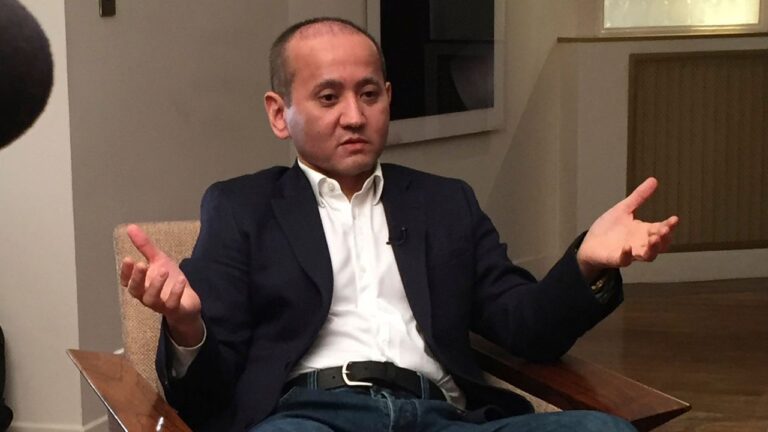After a long night in Brussels, EU finance ministers haven’t sealed the deal on a new fiscal framework.
European Union finance ministers moved closer to an agreement on new EU fiscal rules early on Friday after eight straight hours of talks, but will need more time and possibly another meeting to reach a deal, two officials close to the talks said to Reuters.
The reform is aiming to clear a sustainable pathway to bring debt and deficit under control in the member states while leaving room for green and defense investment.
France and Germany still differ on how to sustain investment when the budget deficit is above EU limits, and other countries, roughly in two camps behind Paris and Berlin, are wrangling over issues including the minimum pace of annual debt reduction.
“I understand there was good progress, but they need further consultations from a political and legal point of view,” one EU diplomat said to Reuters.
France is determined to reach a deal on new EU fiscal rules by the end of the year, France’s Finance Minister Bruno Le Maire said on Friday, adding the rate of agreement on this deal had now reached 95%.
“If there is a new Ecofin before Dec.25, France will happily participate to reach a final deal on the new rules of the stability and growth pact,” he said.
How the COVID-19 pandemic and climate crisis left the rules outdated
A reform of the rules, which underpin the euro currency by setting limits on government debt at 60% of GDP and for deficits at 3%, is necessary because a surge in public debt after the COVID-19 pandemic made the existing framework unrealistic.
EU governments also have to find ways for the rules to allow for large public investment needed to fight climate change, a challenge the old system does not address.
The reform under discussion is to ease the current fiscal consolidation requirements by offering each country tailor-made debt reduction paths over four to seven years along with incentives to invest.
Countries are working to resolve issues, including the size of fiscal safety buffers to prevent a breach of EU borrowing limits and better enforcement of the rules.
Officials close to the talks said another meeting might take place in December.
“The Spanish presidency of the EU will reflect on Friday on how to move forward and on the idea of organising a potential additional meeting of EU finance ministers,” the diplomat said.
Time is pressing because the new rules have to get the approval of the current European Parliament which will dissolve in April before European elections in June.
A deal on the new rules among governments in December is unlikely to affect the eurozone’s fiscal stance next year because that has already been decided in draft national 2024 budgets, prepared under earlier EU guidelines.
But the new rules are important for bond investors and for the credibility of EU fiscal co-ordination as the European Central Bank needs fiscal policy to help fight inflation.
Source: Euro News







